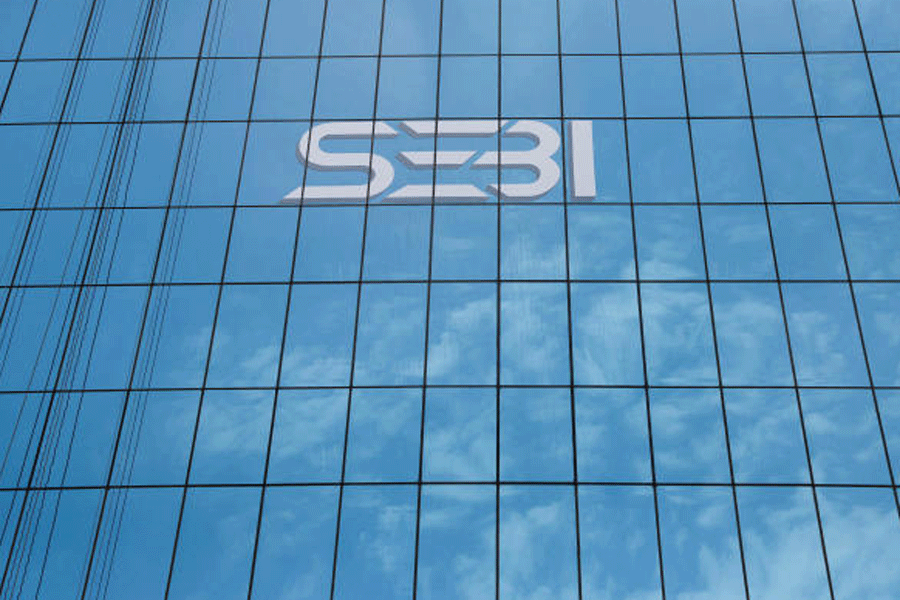The Securities and Exchange Board of India (Sebi) has directed institutional investors to declare an intended short sale upfront at the time that they place the order. Retail investors have, however, been permitted to make a similar disclosure by the close of the trading day.
The decision to tighten short selling disclosure rules come just two days after the Supreme Court verdict in the Adani case which had indicated that both the Centre and Sebi were planning to slap restrictions on short selling.
Short selling happens when an investors sells securities (not owned by him or her) after borrowing them from another entity, and later repurchases them at a lower price, thus profiting from an anticipated decline in the price of the securities.
It is a legitimate market strategy and Sebi had itself submitted to the Supreme Court that “any restrictions on short selling may distort efficient price discovery, provide promoters unfettered freedom to manipulate price, and favour manipulators rather than rational investors,” according to Wednesday’s court verdict.
Despite this, the judges said: “We record the statement by the Solicitor General (Tushar Mehta) before this court that measures to regulate short selling will be considered by the Government of India and Sebi.”
Short selling by Hindenburg Research in US bonds and non-Indian derivatives is believed to have triggered the meltdown in valuations of Adani group stocks last year. At one stage, the group lost as much as $150 billion of its market valuation.
The Supreme Court has ordered Sebi to investigate whether Hindenburg’s trades in the US had violated any Indian laws. “The loss which has been sustained by Indian investors as a result of volatility caused by the short positions taken by Hindenburg Research and any other entities acting in concert with Hindenburg Research should be probed,” the verdict said.
In October last year, Sebi had issued a broad framework on ‘Short-Selling and Securities Lending and Borrowing Scheme’. The norms issued Friday are an addition to that framework.
In a circular issued on Friday, the market regulator made some additions to the framework on short-selling and the Securities Lending and Borrowing Scheme.
Besides tightening the disclosure rules for short sellers, the circular said brokers should collect the details on scrip-wise short sell positions, collate the data and upload it to the stock exchanges before the commencement of trading on the following trading day.
The stock exchanges shall then consolidate such information and disseminate them on their websites for the information of the public on a weekly basis. The frequency of such disclosure may be reviewed from time to time with the approval of Sebi, it added.
Market circles said Sebi is now looking to strengthen disclosure on short-selling after the Hidenburg episode. But it is not clear whether similar disclosure rules will apply to overseas investors.
The circular reiterated that “naked” short selling will not be permitted in the Indian securities market. As a result, all investors will be mandatorily required to honour their obligation of delivering securities at the time of settlement.
Naked shorting occurs when a trader sells shares in some asset without first borrowing them. This is a notorious practice that is banned in the US and EU markets as well.
The circular said no institutional investor shall be allowed to do day trading, that is, square-off their transactions intra-day. This means all transactions will be grossed for institutional investors at the custodians’ level and the institutions will be required to fulfill their obligations on a gross basis.
The custodians, however, would continue to settle their deliveries on a net basis with the stock exchanges.
Stock exchanges have been directed to frame necessary uniform deterrent provisions and take appropriate action against the brokers for failure to deliver securities at the time of settlement.










